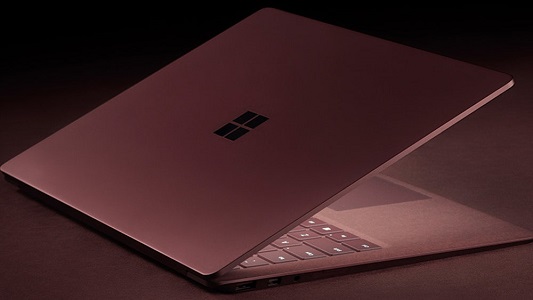Computer security, cyber security or IT security is the protection of computer systems from theft or damage to the hardware, software or electronic data, as well as from disruption or misdirection of services they provide.
While hardware can be easily protected, the software, on the other hand, can be difficult to protect.
That being said, if you are not careful, you can easily expose your Windows device to security hacks.
Hackers always come up with new ways they can attack your device and some users always make it easy for them.
Below is a compiled list of common bad habits a hacker can exploit to attack a device;
1. Avoiding updates
Software manufacturers always release versions with better security updates each time leaks are discovered.
Although some of these updates introduce new security vulnerabilities, it is always safer to update your device.
The practice of avoiding these updates is always a bad habit that will expose your Windows device to security hacks.
2. Keeping old versions of applications
Updating to the latest application versions isn’t always enough.
Even after updating, some users forget to delete older versions of the applications.
Some applications do not automatically update themselves or delete their older versions when an update is made.
Such older versions can serve as a gateway that a malicious programmer can exploit.
3. Disabling User Account Control (UAC) Features
The “User Account Control” features alert users each time a program is trying to make changes to the Windows settings especially when dealing with things that require Administrator privileges.
If left disabled, users get absolutely no warning when a program, whether beneficial or malicious, attempts to change the Windows system.
4. Downloading programs from anywhere
Using Google search as a source for download websites and clicking on the first download link that shows up is another bad habit can hackers can exploit.
So, always do more research about the sites from which you intend to download programs so you don’t expose your device to security hack.
Always use official download sites as sources for all your programs.
Users should also always avoid double-clicking on everything they find.
Double-clicking serves as an entry point for most software into your device.
Double-clicking on a small .EXE file will have it installed into your device as soon as possible.
5. Piracy, cracks and Keygens
Spending a few dollars to purchase a software form an official site is something most users skip these days.
Thankfully, software piracy is very common these days and a mere Google search can leave you with thousands of crack files and keygens so that you can enjoy your illegal software without paying.
But these sites always harbor malware with them. Those keygens you install can expose your Windows device to security hacks since they provide hackers a pathway to add malicious software.
6. Short links
The rise of social networks such as Facebook and Twitter has also increased the popularity of shortened URL services such as Bitly, goo.gl, and more.
While these links provide easy ways to share links with others, they are a perfect way for concealing a link’s true destination.
It is always a better practice to use a link preview add-on for your browser to avoid clicking on links that will leave your device vulnerable.
7. Using open, public Wi-Fi
While this might be a cheaper source for your internet, using public Wi-Fi is another bad habit that can expose your Windows device to security hacks.
There are always a few things you can do here and there to ensure safety on your device. (Here’s a brief guide; The Dos and Don’ts of using free public Wi-Fi)
8. Surfing on an Administrator-Enabled Account
Using your Administrator enabled account as a default account all the time is a careless practice.
This is because different types of malware that fail to run on a standard user account can attack your device when your administrator privileges are turned on.
9. Using the same password everywhere
Most users that are too lazy to think always either come up with easy passwords or choose to use the same password with every account they open.
Using the same password everywhere exposes your Windows device to security hacks and should always be avoided.
10. Not using Antivirus Software
No amount of protection can keep you or your device safe.
Even when you follow that best possible practices while surfing the web, it is never enough.
This is why some users would consider an antivirus software useless. While using an antivirus doesn’t guarantee safety, avoiding one leaves you more vulnerable to even the simplest form of malware attack.
While no amount of protection is sufficient, avoiding some of the bad habits mentioned can be the first step to safeguarding your Windows device.
Related:
How to tell if you have a virus on your Android
The downsides of using the USB Type-C

